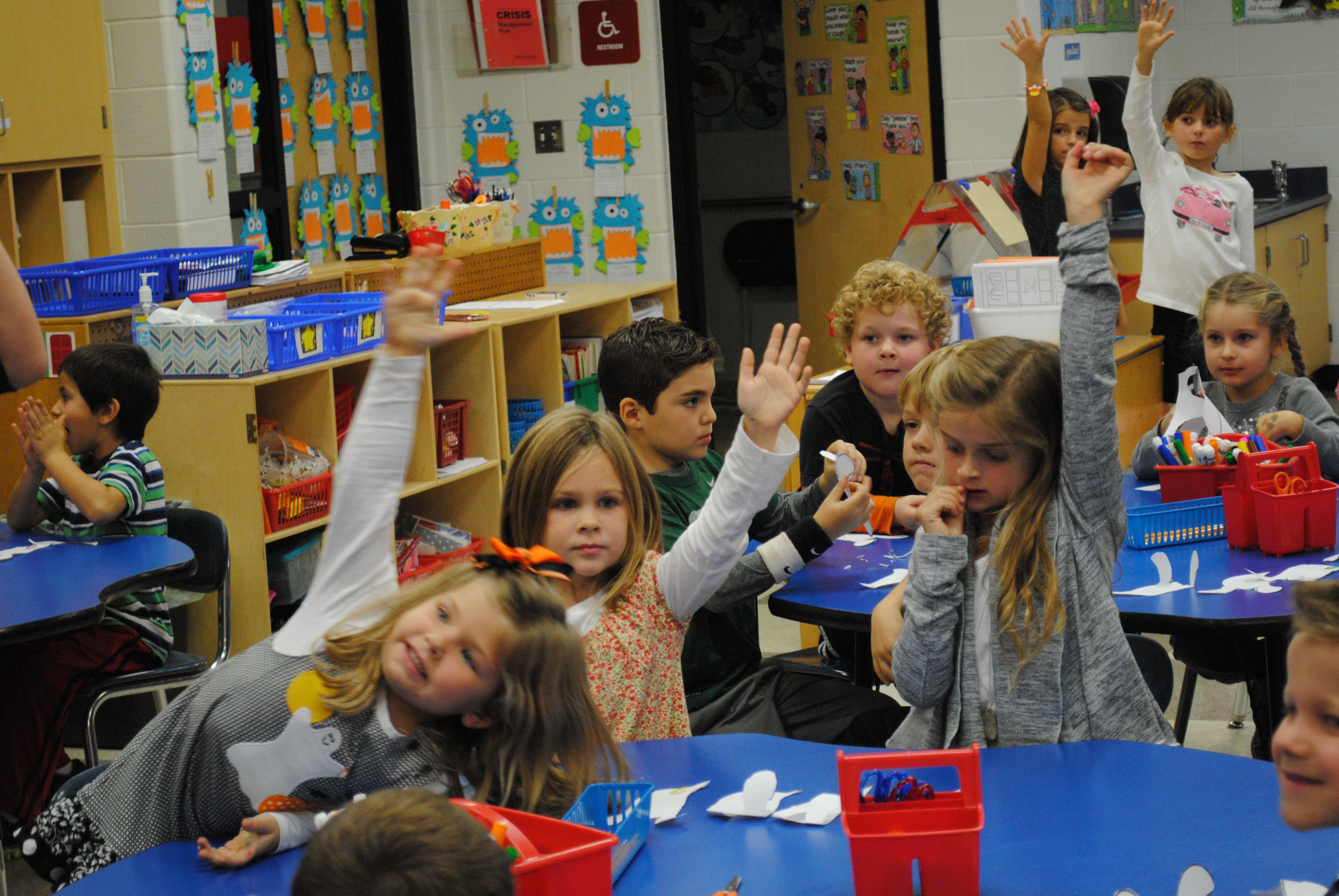When people think of parenting styles, they typically think of things like overprotective, demanding, gentle, and so on. However, there are a lot of different parenting styles out there and combinations of parenting styles that make up different parenting styles. When you dig deeper into what is on the surface of parenting is where you find styles like concerted cultivation & the accomplishment of natural growth.
What these two styles look at is more, what kinds of opportunities do children have? Where do they live? Do they take lessons after school? Do they go to a good school? Do they have access to a good school? Basically, examining how social class influences parenting styles. Yes, parenting styles differ among middle-class, working-class, and lower-class parents. Ultimately, it shapes a child's future.
While social status and wealth can afford children more opportunities, letting up on children and giving them time to bond with friends and family can also be a valuable parenting style. In her research 'Unequal Childhoods', sociologist Annette Lareau discusses how different parenting styles from the middle class and working class create social inequality between children.
Concerted Cultivation
Families considered middle class typically can afford extras when it comes to their children and their education. After-school activities and organized sports are two examples. Not only that, but they also tend to have more time with their children. Whether it be to teach them skills that are not taught in school or just reading to them, it is a positive influence on children.
Annette Lareau called this parenting style Concerted Cultivation. By concentrating resources on their children, middle-class parents cultivate their children's competencies and expand their skills and talents.
Natural Growth
Families considered working class typically cannot afford extras when it comes to their children's education. According to The University of Virginia, this is referred to as the Natural Growth style of parenting. It favors unstructured play with more involvement of friends and family.
Working-class parents don't often add anything additional to their children's schedules or care much about cultivating their children's talents and interests. They tend to be authoritarian.
According to WebMD, authoritarian parenting is an extremely strict parenting style. It places high expectations on children with little responsiveness. As an authoritarian parent, you focus more on obedience, discipline, and control rather than nurturing your child.
The Theory
Because working-class children have less access to activities, social skills, and opportunities for further development, they generally have a harder time navigating middle-class and upper-class society. They are also less prepared for school and the job market and can develop negative perceptions of authority. The effect leaves working-class children raised under the Natural Growth style of parenting severely unprepared for adulthood compared to middle-class children raised with Concerted Cultivation.
Being Given Too Much
This theory or effect doesn't mean these children are no good and that middle-class kids are better. There are disadvantages for children who are given too much as well. Too much affluence, over-scheduling, and "advantage" may nullify the positive effects of Concerted Cultivation. It's hard to see that something showing so much evidence of proven advantages also has disadvantages, but they are there.
In her book Price of Privilege, child psychologist Madeline Levine discusses materialism, pressure to achieve, perfectionism, and disconnection combined to create a perfect storm that is devastating children of privilege and their parents alike. Teens are experiencing epidemic rates of depression, anxiety disorders, and substance abuse at rates higher than any other socioeconomic group of young people in this country.
Advantages Of Natural Growth
There are advantages to not being given so much. Children with less organized activities filling up their schedules have more free time to play. Having this time helps children develop more social interactions with other children, independence, and responsibility. Without wealth to solve problems, children tend to naturally develop their own problem-solving and social skills including:
- More innovative, creative ways of thinking
- Closer family bonds with both extended family and siblings
- Better independent thinking
- Increased cooperation skills with peers
What Is The Bottom Line?
Natural Growth parenting isn't necessarily a huge disadvantage. Currently, in today's society, more parents, including middle- and upper-class parents, are allowing their children to struggle a bit. They are stepping away from fixing everything and/or buying an education for their child. This forces kids to solve their own problems. This means raising more resilient, independent children.
When parents look at their own parenting style, trying to keep in mind what is best for their children and the family as a whole is a good idea. What works for one family may not work for the next, even when those families are neighbors. All children are different as well, they learn and grow in different ways. Love is one thing all parents can give, and it's the best thing too.
Sources: Annette Lareau, University of Virginia, WebMD, Madeline Levine







